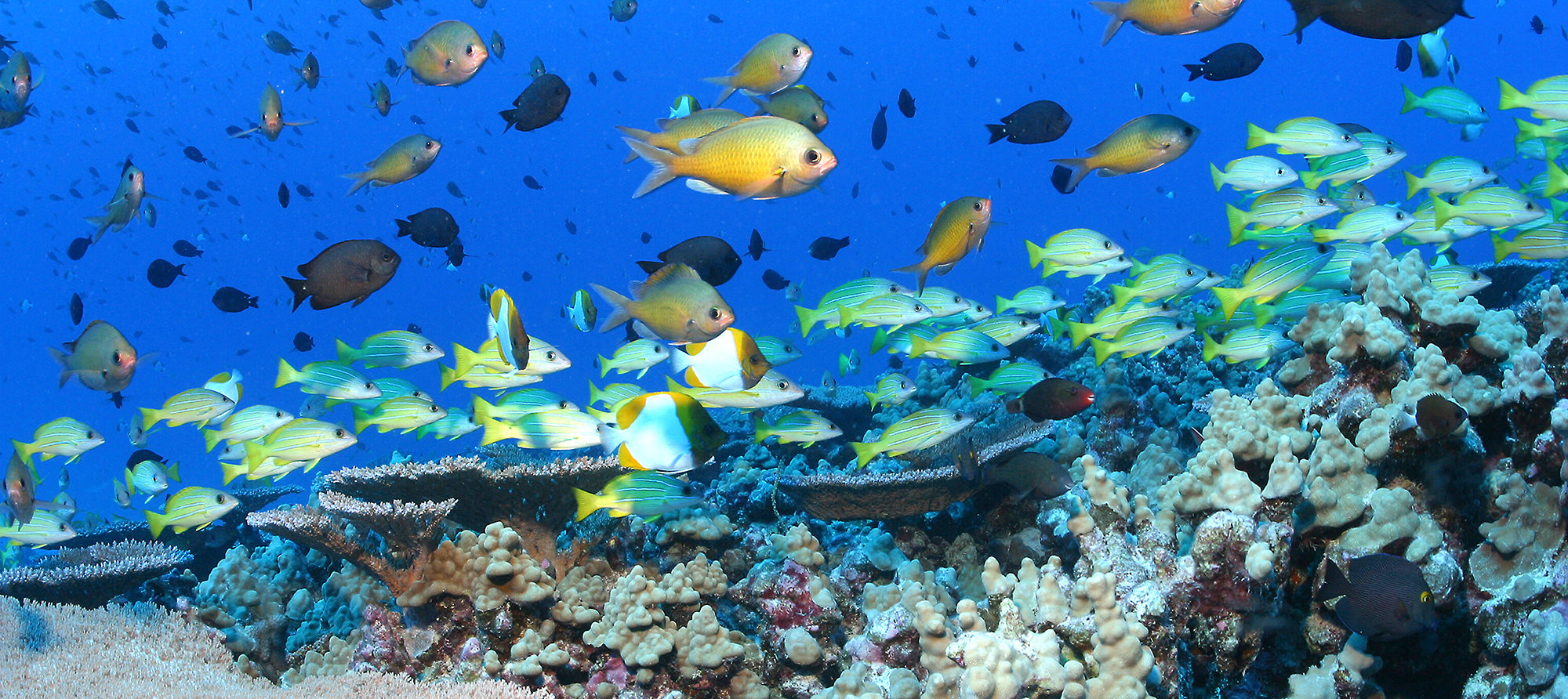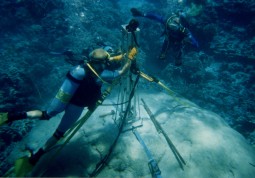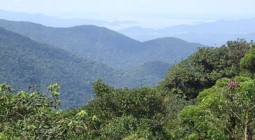
Credit: James Watt/NOAA
This week’s show brings you the following feature interview:
Protecting Ocean Biodiversity (start time: 2:42) In honor of World Environment Day (today), World Oceans Day (Friday) the March for the Ocean (Saturday), and Capitol Hill Ocean Week (all week), we examine one of the biggest marine conservation tools: Marine Protected Areas. What’s working? What’s not, and why? And what does this have to do with residents of landlocked states such as Colorado? A lot. Hoe On Earth hosts Susan Moran and Sadie Babits interview Dr. Kirsten Grorud-Colvert, an assistant professor of marine ecology at Oregon State University. This interview expands our series called The Ocean Is Us. For info on this week’s local March for the Ocean events, go to Colorado Ocean Coalition. National events and resources at Capitol Hill Ocean Week, March for the Ocean, and Blue Frontier Campaign.
Hosts: Sadie Babits, Susan Moran
Producer: Susan Moran
Engineer: Joel Parker
Executive Producer: Joel Parker
Listen to the show here:
Podcast: Play in new window | Download (Duration: 27:55 — 25.6MB)
Subscribe: RSS







